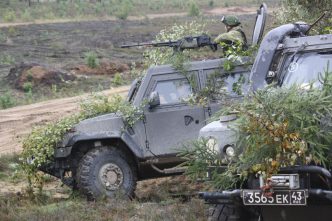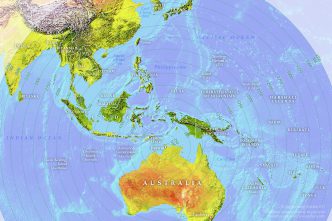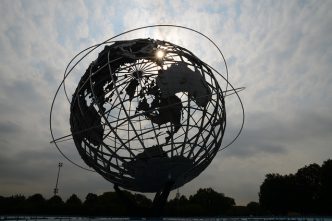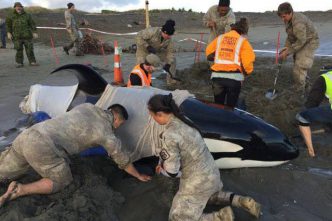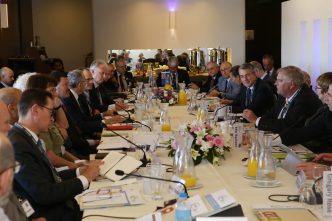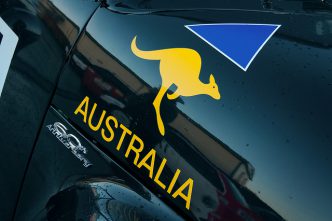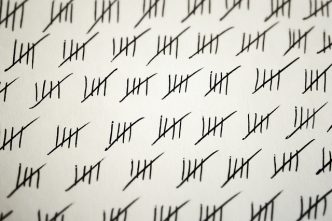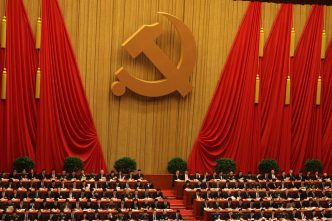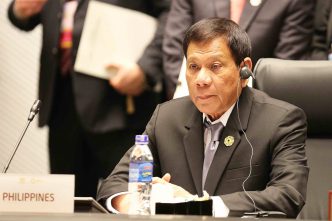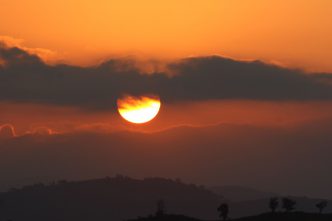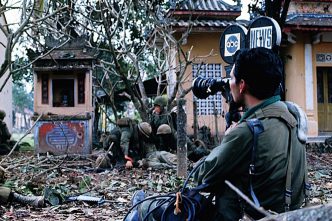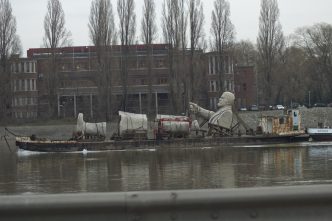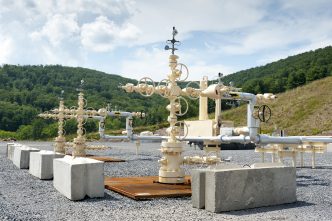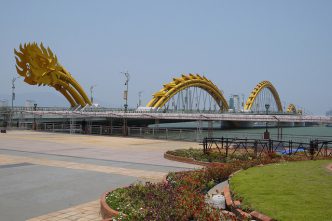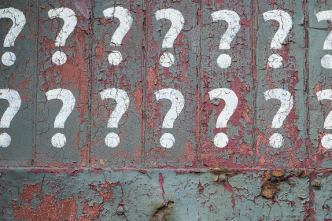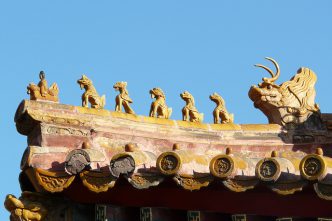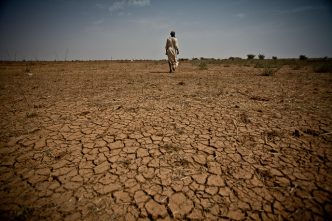At a time when NATO–Russia relations are arguably at their lowest ebb since NATO’s bombing of Yugoslavia in 1999, major military exercises are designed to send a message. Russia’s Zapad 2017 military manoeuvres, which took …
At a recent conference I attended, I was seated next to a prominent American trade policy expert. We began to talk about the North American Free Trade Agreement (NAFTA), which President Donald Trump has blamed …
Australia’s strategic outlook is deteriorating and, for the first time since World War II, we face an increased prospect of threat from a major power. This means that a major change in Australia’s approach to …
My colleague Andrew Davies has written convincingly about the challenges of securing a diplomatic resolution to the North Korean nuclear crisis. He speculated about a solution in which the US accepts North Korea’s nuclear status …
Sea state The US Navy is conducting exercises in the Sea of Japan with three aircraft carrier groups. The US Ships Theodore Roosevelt, Nimitz and Ronald Reagan are participating in the drills, which began on …
On 1 November, ASPI and the Begin–Sadat Centre for Strategic Studies met in Tel Aviv, Israel, at the third Be’er Sheva Dialogue to build on the work initiated at the first round, held in Israel …
In mid-October, Dan Tehan, the minister assisting the prime minister on cyber security, announced that the Australian government is considering introducing new legislation on the internet of things (IoT; for an introduction to this topic, …
Over recent months, the International Campaign to Abolish Nuclear Weapons (ICAN) has been attempting to sign up Australian parliamentarians to a pledge of support for Australia’s signature and ratification of the nuclear ban treaty. And …
President Xi Jinping has emerged out of last month’s 19th Congress of the Chinese Communist Party as a new paramount leader of China on a par with Mao Zedong, founder of the People’s Republic of …
President Donald Trump, who is in the Philippines on the last stop of his marathon trip to Asia, has paid his respects to President Rodrigo Duterte. Since Duterte’s inauguration last year, police and affiliated death …
The core belief system of Australia’s approach to international affairs for 75 years is the cause that can barely speak its own name. Whisper it softly: ‘liberal internationalism’, an aspiration big enough to encompass democracy …
The war in Vietnam is widely perceived to have been the first television war, fought not only on the battlefield but also in the living rooms of America (and Australia). If that thesis is correct, …
The world The decades-old Iranian–Saudi rivalry ramped up this week after Saudi Arabia accused Iran of supplying arms to the conflict in Yemen and using Hezbollah to exert political influence in Lebanon. The Lebanese prime …
The 31st ASEAN Summit and its related meetings, including the East Asia Summit, start today and will run through 14 November. Lost in the hoopla over Trump’s attendance and the ongoing tension in the Korean …
In 2008, when the United States’ National Intelligence Council (NIC) published its volume Global Trends 2025, a key prediction was tighter energy competition. Chinese demand was growing, and non-OPEC sources like the North Sea were …
In the first week of his marathon Asia tour, Donald Trump has made state visits to Japan, South Korea and China. Knowing that he can be easily swayed by over-the-top hospitality, China has even billed …
Earlier this week I finished drafting a paper on the Korean peninsula crisis for a talk in Japan next week. I concluded, somewhat glumly, that the prospect of a deal between the US and the …
The beat Meth and cocaine plot foiled Cooperation between NSW State Crime Command, the Australian Criminal Intelligence Commission, the US Drug Enforcement Administration and Mexico’s federal police has thwarted a plot to import drugs into …
US President Donald Trump is spending nearly two weeks in Asia, visiting Japan, South Korea, China, Vietnam and the Philippines. Putting China at the center of the trip makes sense, because it constitutes the most …
The deaths of US servicemen in Niger and the UN Security Council’s consideration of the regional G5 force have given prominence to the Sahel states—Mauritania, Mali, Burkina Faso, Niger and Chad. Solutions to their deep …


